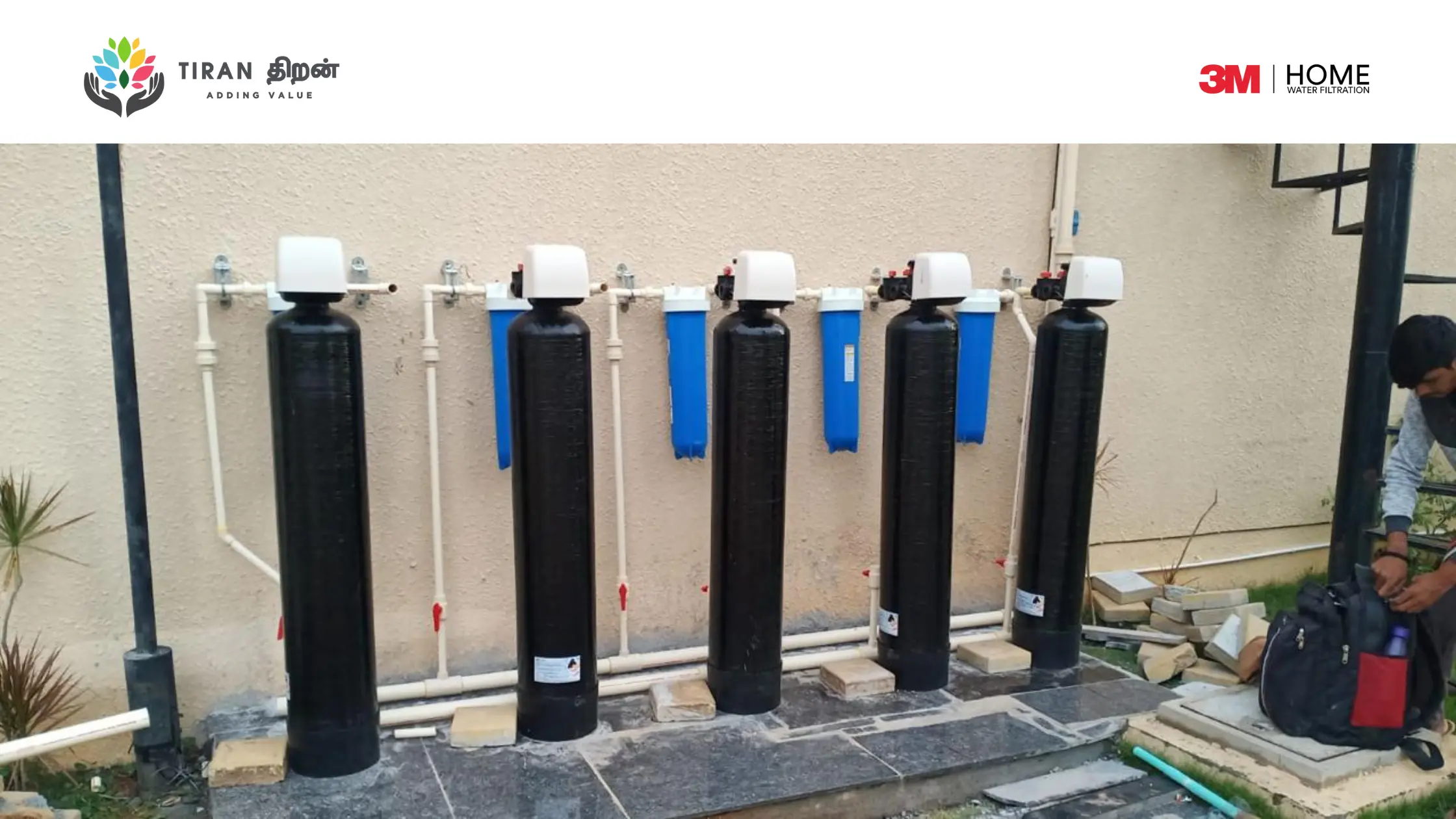Comprehensive Guide to Water Treatment Plants: Ensuring Safe and Clean Water

Water Treatment Plants
Introduction
Water is a vital resource for life, health, and industry. Ensuring its purity and safety is crucial, and water treatment plants play a significant role in this process. This comprehensive guide explores the functions, components, and benefits of water treatment plants, highlighting their importance in providing safe and clean water.
Understanding Water Treatment Plants
Water treatment plants are facilities that treat raw water to make it safe for drinking, industrial use, and other applications. The treatment process typically includes several stages: coagulation, flocculation, sedimentation, filtration, and disinfection. Each stage is designed to remove different types of contaminants, including suspended solids, bacteria, viruses, and chemical pollutants.
There are different types of water treatment plants, each serving specific needs. Municipal water treatment plants provide potable water to communities, while industrial water treatment plants cater to specific industrial processes. Portable water treatment systems are also available for use in emergencies or remote locations.
Key Components of a Water Treatment Plant
- Clarifiers: These are used in the sedimentation stage to remove suspended solids from the water. The process involves adding chemicals that cause the particles to clump together and settle at the bottom, making them easier to remove.
- Filters: Filtration is a critical step that removes smaller particles and microorganisms from the water. Various filtration methods include sand filtration, activated carbon filtration, and membrane filtration, each targeting specific contaminants.
- Chemical Dosing Systems: These systems add necessary chemicals, such as coagulants, flocculants, and disinfectants, at different stages of the treatment process. The chemicals help in removing impurities and ensuring the treated water meets quality standards.
- Disinfection Units: Disinfection is the final step in the water treatment process, aimed at killing or inactivating harmful microorganisms. Common disinfection methods include chlorination, UV treatment, and ozonation.
Benefits of Water Treatment Plants
- Public Health: The primary benefit of water treatment plants is the provision of safe drinking water, free from harmful contaminants. This is crucial for preventing waterborne diseases and protecting public health.
- Industrial Applications: In industrial settings, water treatment plants help protect machinery and equipment from corrosion and scaling, improve product quality, and ensure compliance with environmental regulations.
- Environmental Protection: Properly treated wastewater can be safely discharged into the environment, minimizing pollution and preserving aquatic ecosystems.
Challenges and Solutions in Water Treatment
- Contaminant Removal: Different water sources have varying contaminant profiles, making it challenging to design a one-size-fits-all treatment solution. Advanced technologies, such as reverse osmosis and nanofiltration, are used to address specific contaminants.
- Infrastructure Maintenance: Maintaining the infrastructure of water treatment plants can be costly and challenging. Regular inspections, upgrades, and the use of durable materials are essential for long-term efficiency.
- Cost Management: The cost of setting up and operating water treatment plants can be significant. Governments and private entities must balance investment in infrastructure with affordability for end-users.
Conclusion
Water treatment plants are essential for ensuring safe and clean water for drinking, industrial use, and environmental protection. Investing in modern, efficient water treatment solutions is crucial for public health and sustainable development. At Tiran Services, we provide expert guidance and cutting-edge technology for water treatment needs.
